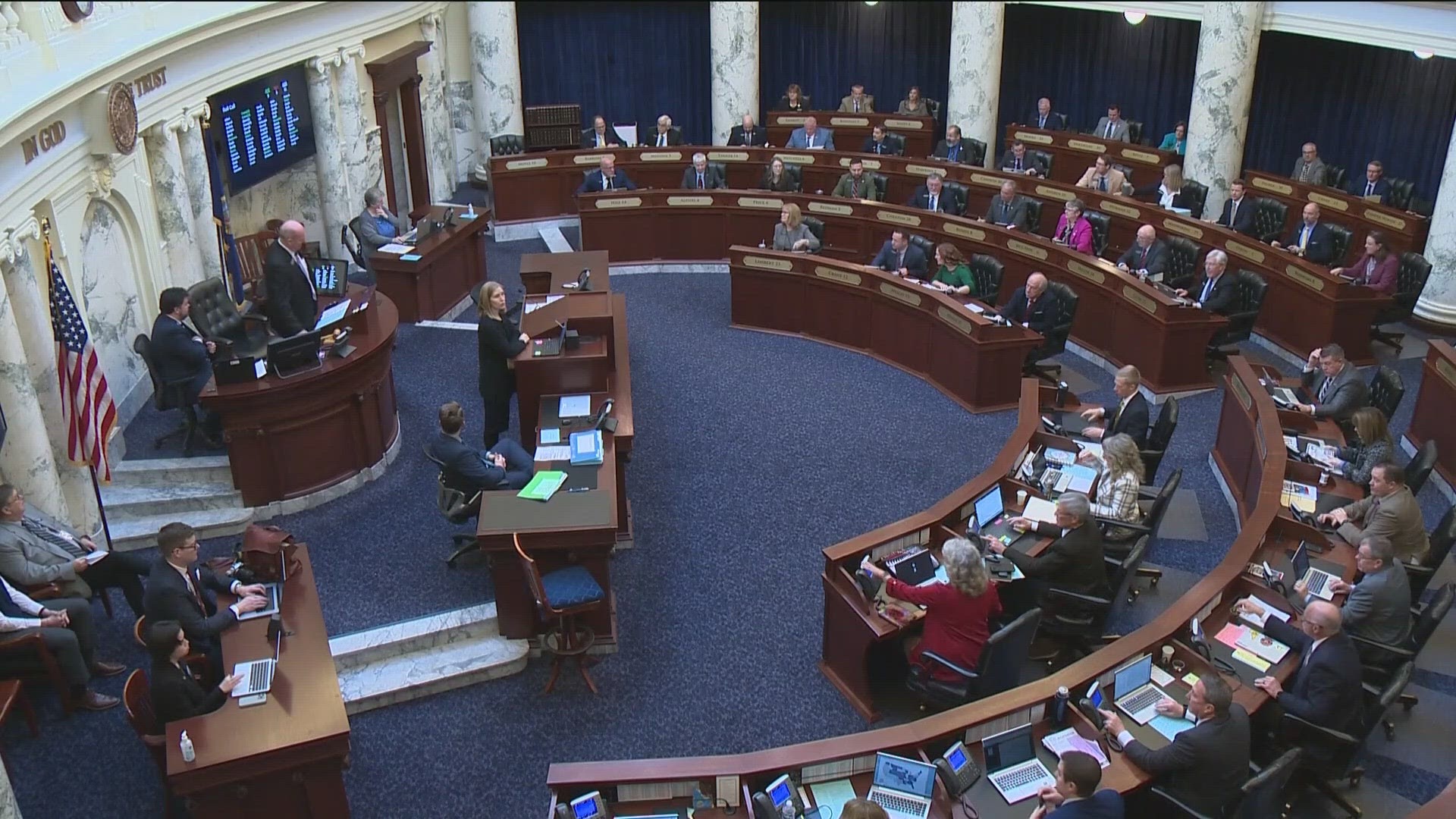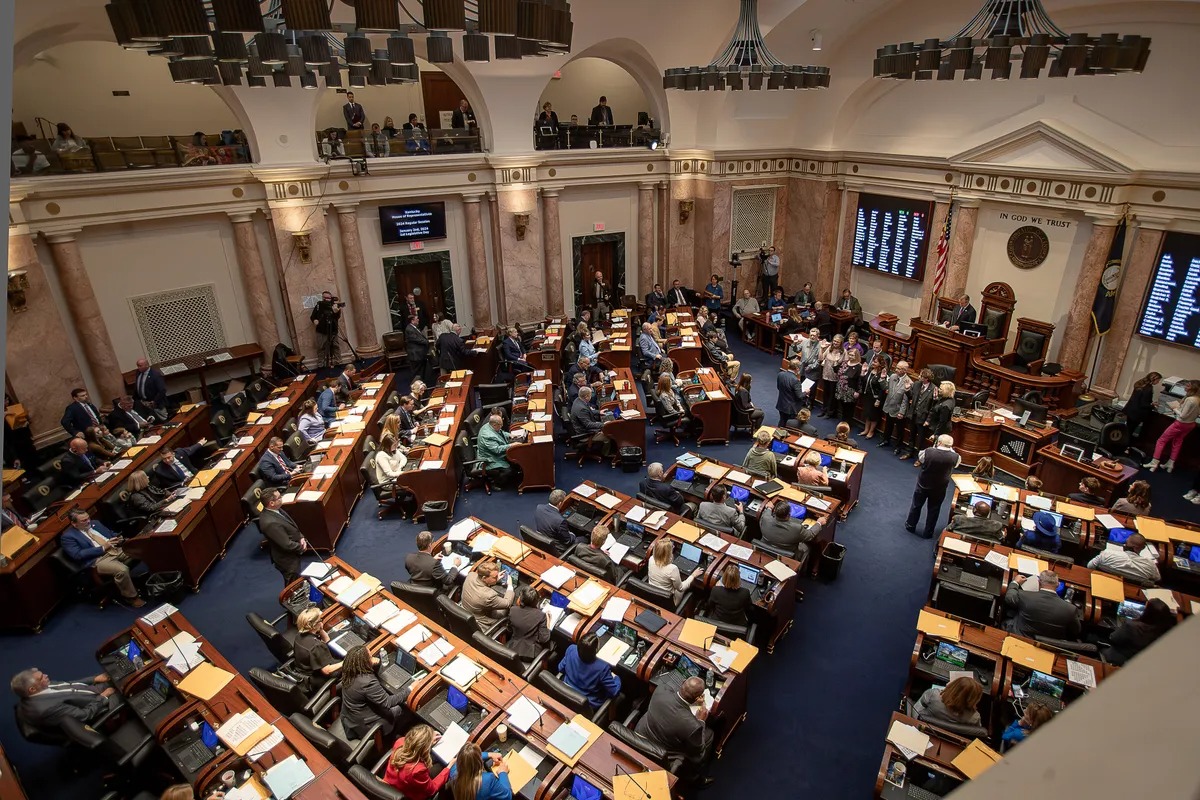This week, the Idaho legislature passed a bill to allow for the death penalty in cases of s*x crimes against children under 12. Another bill was also passed, allowing prosecutors to bring charges for child pornography production using artificial intelligence (AI).
The new law, HB 515, modifies Idaho’s current statute for “lewd conduct with a minor,” which currently carries a life sentence for victims under 16.
Under the new law, if the victim is under 12 and the act is deemed “especially heinous, atrocious, or cruel, manifesting exceptional depravity,” prosecutors can seek the death penalty.
Idaho Republican Rep. Bruce Skaug, a coauthor of the bills, criticized the 2008 U.S. Supreme Court ruling that deemed it unconstitutional to apply the death penalty in cases of child rape where the victim survived, calling it “the wrong decision.”

US Law Court, Idaho (Credits: KTVB)
Idaho’s new law mirrors Florida’s, where a similar measure was signed into law last year, allowing for the death penalty for those convicted of s*xually abusing children under 12.
The second bill, HB 465, expands Idaho’s laws on child pornography to include AI-generated images and videos depicting children. This technology has been used to create numerous images worldwide and in Idaho, according to Republican Rep. Dori Healey, a cosponsor of the bill.
While federal law prohibits hyper-realistic s*xual images of children, it has not been tested against AI-generated depictions where no actual child is involved. Many are calling for more specific laws addressing AI-generated child pornography.
Last year, over two dozen U.S. House Republicans urged the Department of Justice (DOJ) to combat AI-generated child pornography online. They cited a report about an AI app that could digitally “undress” images of women, mostly young girls.
Prosecutors from all 50 states also wrote to congressional leaders, urging more action to combat AI-generated child porn. They argued that the U.S. needs to act quickly to protect children from the increasing dangers posed by AI.























